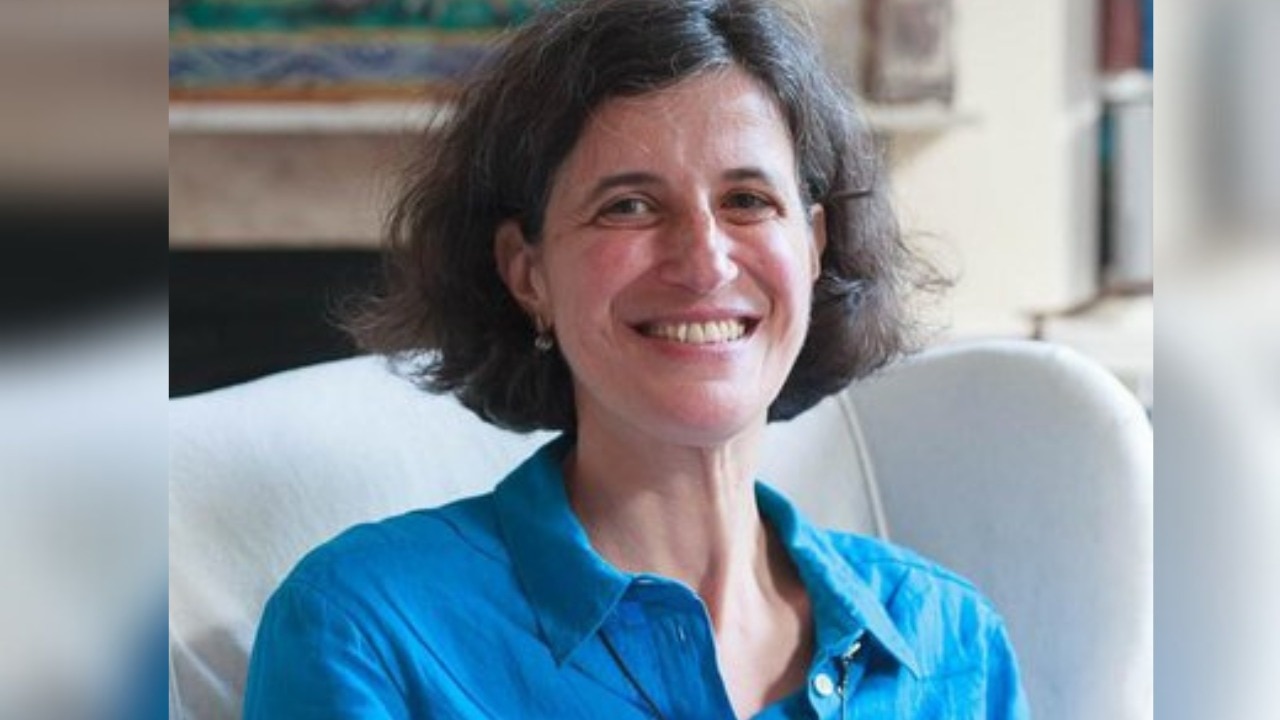The Higher Education department has unveiled an ambitious ‘Vision 2031’ draft policy framework that provides a strategic roadmap to position the State as a global knowledge economy and a global academic destination.
A key objective of the plan is to attract 10,000 international students and 30,000 students from other Indian States annually by 2031.
The draft, recently presented at a stakeholder seminar in Kottayam, reimagines universities as engines of social transformation that goes beyond their conventional roles in teaching and research to foster civic responsibility, public policy engagement, social innovation and community development.
The policy proposes the development of dedicated ‘higher education cities’ in Kochi, Thiruvananthapuram, Kozhikode and Thrissur. Kochi is envisioned as a hub for studies in global commerce, maritime studies, fintech, port management, AI and business analytics, while Thiruvananthapuram is positioned to specialise in science and technology, space science, cybersecurity, biomedical engineering, public policy and international relations.
Kozhikode is proposed as a higher education hub with focus on liberal arts, digital humanities, hospitality, aviation, climate and coastal studies and cultural heritage. Thrissur is mooted as a centre for performing arts, Ayurveda, agricultural technology, cooperative banking, event management, health and semiconductor technology.
The draft paper also outlines a university modernisation plan, advocating for the reconfiguration of select institutions into autonomous, innovation-driven universities. These would shift away from traditional structures to prioritise entrepreneurship, intellectual property ownership and industry collaboration.
Innovation and enterprise hubs are also mooted in all universities by integrating incubation centres, technology transfer offices and startup accelerators in partnership with the Kerala Startup Mission and other agencies. The creation of thematic research clusters in areas such as climate, health innovation, AI, quantum science and biosciences is also on the agenda.
The draft framework further supports a shift to a federal collegiate university model, with the establishment of constituent colleges that enjoy full academic autonomy. These colleges will share infrastructure such as libraries, research parks, faculty development centres, digital platforms, hostels and laboratories.
In legal education, the policy proposes setting up a Directorate of Legal Education to coordinate law colleges and integrate legal studies with governance, policy and judicial reforms.
The draft also calls for a comprehensive quality assurance framework through a three-tier system comprising the State Assessment and Accreditation Council (SAAC), Kerala Institutional Ranking Framework (KIRF) and State-Level Quality Assurance Cell (SLQAC) to ensure academic standards.

 1 week ago
14
1 week ago
14








 English (US) ·
English (US) ·